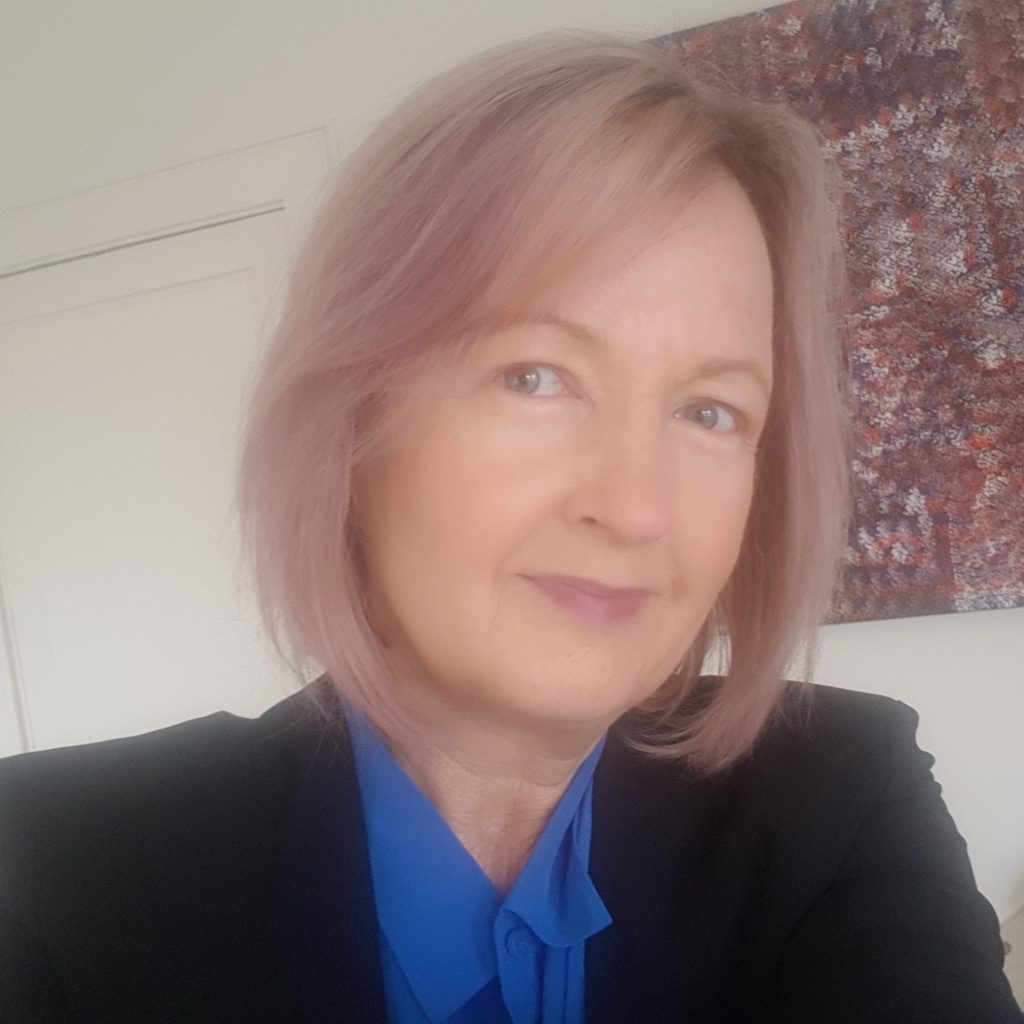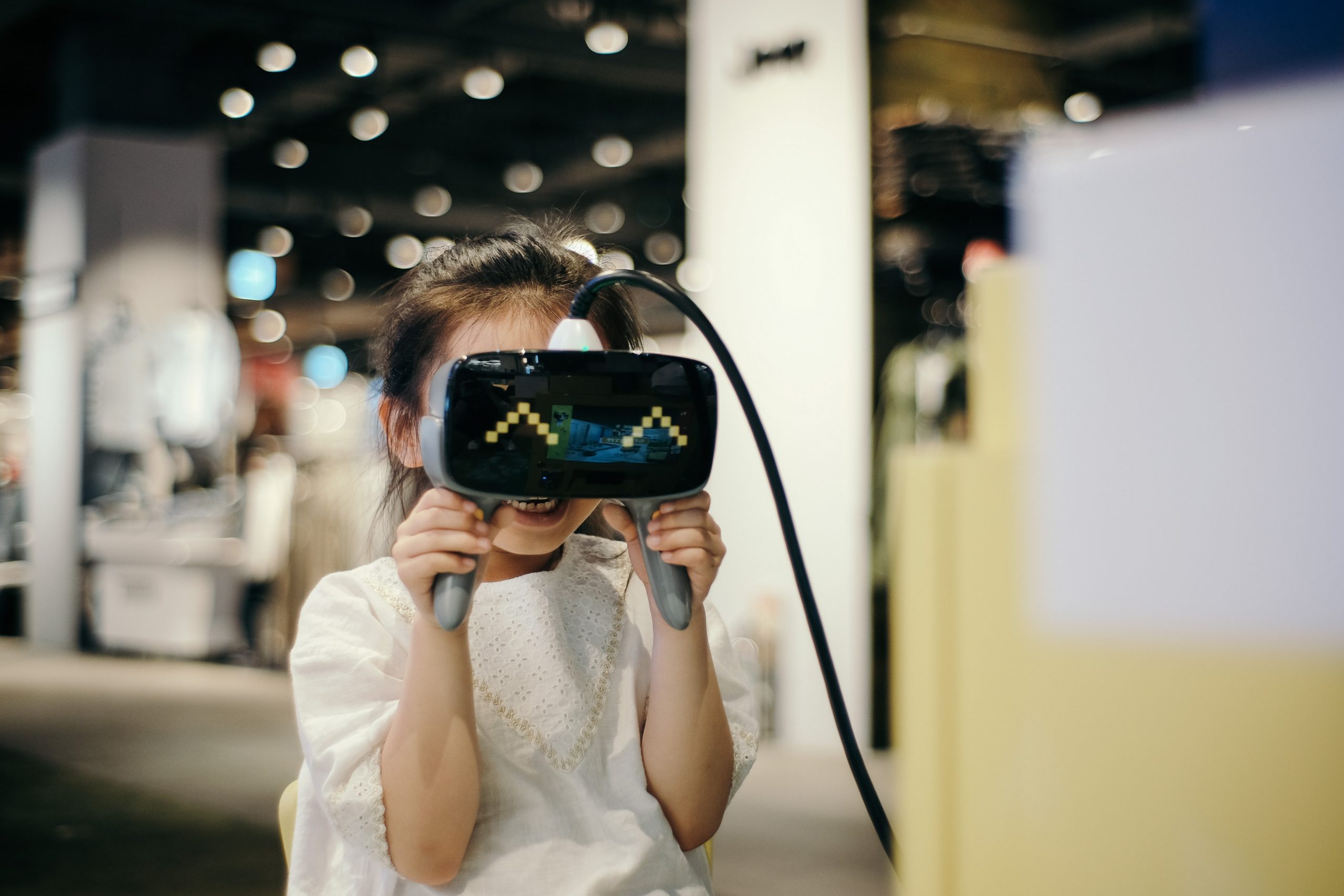
Big Change spoke to friend and Aussie inspiration Jan Owen, looking forward to the big vision of the new alliance she Co-chairs, Learning Creates Australia. We reflected on the challenge of weaving diverse, individual experiences with ancient wisdom to build a future education system that puts all young people in the driver’s seat.
How did your own experience of education motivate you to change the system?
I had a very fractured learning experience. I was expelled from one school and asked to leave two, so I didn’t fit with the education system from an early age. But I came to realise quickly that I didn’t fail education, education failed me. Although that certainly wasn’t what I was told at the time.
What kept me in school was that I was eventually allowed to create my own learning journey in a way. I hardly went to any classes, but I started a newsletter, a community outreach programme, and even the first girls’ motor mechanics course in Australia! I did everything except the things you’re meant to do, and in the process, helped the school do new things it hadn’t done before.
My academic record was very poor. My extracurricular record was excellent – but didn’t count for anything. The seeds of my interest in education and learning go back to that experience, and the inequity in that; it’s a one-size-fits-all system or you fall out of it. And your opportunities and options are severely curtailed.
At Learning Creates Australia we have this vision that the sum total of your learning experience should not be just your academic path, but everything you did both inside and outside of school. How could we credential those other experiences, and package them up in a holistic recognition of a person as a whole learner?

Learning Creates Australia is a brilliantly collaborative initiative which co-convenes diverse voices from across the ‘learning ecosystem’. What does it take to make participation genuinely inclusive in this process?
It involves a lot of hard work. Centring the ‘end-user’ in this case means putting the beneficiary in the driver’s seat from the get-go. And then together, driving in, through, around and within the system.
There’s a really fine line between the leadership that’s required for the early stage of collective initiatives or movements, and the distributed leadership, the sharing of platforms and the privileging of other voices throughout.
I see our role as facilitating a platform to amplify existing work, accelerate new ideas and thinking and convene the ecosystem to enable better collaboration for change.
For example, we’ve partnered with Y-Lab, a youth-led social enterprise which employs and trains young associates from diverse backgrounds in codesign, futures-thinking and consulting. Y-Lab works with the breadth of economically, socially, geographically, ethnically and culturally diverse young people we knew we wanted to engage in Learning Creates, including through its First Nations practice which builds the skills of Indigenous young people to lead codesign projects on a local and national level.
We’ve all had unusual experiences of time and pace this year… As someone dedicated to long-term system change, what are your reflections on these?
We’re seeing accelerated change, a halving of time frames in lots of contexts. Things people said would happen in 2030 are now expected in 2025. So the sense of urgency we’ve had in terms of the need for transformation of education and learning globally has been turbocharged at this time.
Covid-19 has simultaneously exposed and also compounded inequality in our society. To disentangle compounded, intersectional inequity is really difficult, it takes time.
Then there has been an influx in the technological tools and drivers to address inequalities, many are saying their use will increase at a ten fold rate. This has enabled some sectors, like health, to leap forward.
But the jury is still out in education. Whilst people can see the benefits of virtual learning, most want to rush back to school. There’s a strong sense that whilst we could learn ‘anywhere’, we don’t want a technology-only learning environment. We’ve seen how the physical space of school is important for social and emotional learning and, for some, provides the safety that supports learning. I suspect we will head towards blended learning, and reimagining of high school with much greater student agency and autonomy and multiple journeys into lifelong learning and work over the next 5 – 10 years.
What do you wish you knew ten years ago?
Watching the Earth reset and regenerate itself so quickly this year because we all ‘paused’ has given me cause to think about longer timeframes.
I’d ask – what do we know from the past decades, centuries and hundreds of thousands of years that should inform our present and future thinking?
This frame forces me to think about our work in education and system change in a much broader frame: imagining who we want to be and how we want to live and thrive together in the world. What are the core things we’ve missed about humanity, community, land, place and space, in the name of relentless ‘progress’ over the past 10 and 20 years?
Imagine if we consciously created the Great Pause every year and let the Earth breathe – what would that be like?

And what’s your hope for the future?
That we make important decisions in terms of what is best for the planet and humanity. Especially around issues of AI, automation, productivity, efficiency and new economies, whatever they might be, we need to make decisions for the benefit of the whole, not the few. I am relentlessly optimistic about this because I see millions of young people around the world dedicated to sustainability, equity and building a better world.
Jan is Co-Chair and Convenor of Learning Creates Australia, a bold new alliance which brings together diverse stakeholders across the Australian community to create innovative, practical solutions to deeply entrenched and systemic educational challenges.
Find out more about their evidence-based projects, the first launched this year with the Learner’s Journey.
